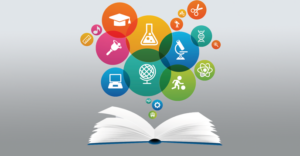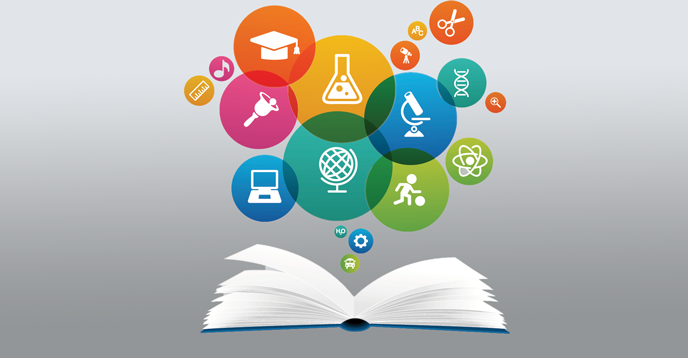
Scientists and health care companies are laser focused on the disease and that multiple vaccines are very close to market. The guess and test process has been put into hyper drive and it looks to have paid off. However, there is no doubt that the learning about COVID 19 is far from over and thus “science” by its very definition may not give us reliable answers on COVID for months and even years to come, so more than just science will be needed to lead the country and the world forward.
Matt Ridley, author of The Rational Optimist and Genome recently wrote a very timely essay for the Wall Street Journal titled: “What the Pandemic Has Taught Us About Science”. Ridley writes that science always starts with a guess and is followed by continuous testing. This scientific process of guessing and testing can continue for years or even decades until a reasonably confident conclusion can be attained, and even then change is often inevitable. He writes: “Seeing science as a game of guess-and-test clarifies what has been happening these past months. Science is not simply pronouncing with certainty on the known facts of the world; it is about exploring the unknown by testing guesses, some (many) of which prove wrong.”
New diseases are especially vulnerable to wrong guesses as evidenced by the numerous reversals that have occurred since the discovery of COVID 19. Initially the consensus was that the disease spreads primarily by touch so the focus was on constant antiseptic cleaning. But now, months later, the idea that the virus spreads mostly by touch is losing its following and is being replaced by the idea that aerosols are the primary spreader thus leading to social distancing and masks as the best defense.
National expert Dr. Anthony Fauci initially discouraged wearing face masks in March saying that they were not effective before starting to reverse field months later. Although most now believe that masks do help prevent the spread, quantifying the benefit has been vague at best and new studies are challenging the conventional wisdom about the degree of their effectiveness. A CDC report released in September actually concluded that masks and face coverings are not effective in preventing the spread of COVID-19, even for those people who consistently wear them. And yet weeks afterward the same CDC released a follow up report that masks don’t just protect other people from potentially getting infected with the coronavirus, they protect the wearer too.
The drug Hydroxychloroquine was initially denounced as dangerous and ineffective by the FDA in April after being touted by President Trump as a treatment for the virus before newer peer reviewed research by the Henry Ford Medical Group and others showed the drug successfully reduces hospital deaths.
On a broader scale, the initial thought was that economic shutdowns were the scientific answer to stop the disease spread. Since then full, partial, and no shutdowns have been tried all around the globe and the results are wildly inconsistent. We have learned that the damage of shutdowns is more significant than previously thought and may likely be greater than the damage done by the disease itself when considering the overall health of the population from cancer to depression, saying nothing about the economic health of the population. Thus, more uncertainty.
What does seem certain is that scientists and health care companies are laser focused on the disease and that multiple vaccines are very close to market. The guess and test process has been put into hyper drive and it looks to have paid off. However, there is no doubt that the learning about COVID 19 is far from over and thus “science” by its very definition may not give us reliable answers on COVID for months and even years to come, so more than just science will be needed to lead the country and the world forward.



